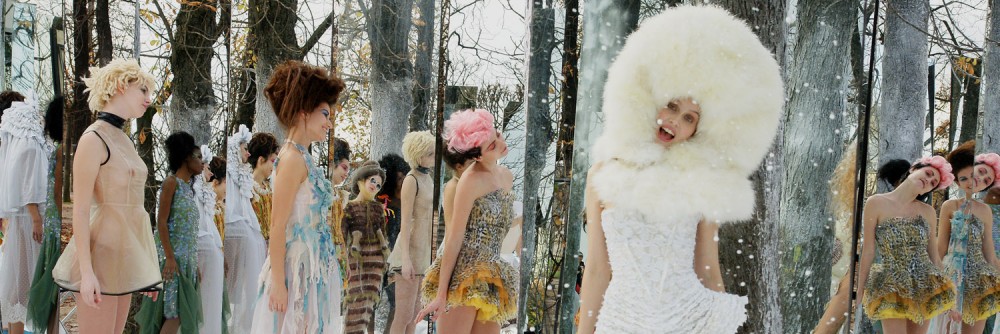BLOG #2
03/30/2015
FILM AS A POLITICAL WEAPON:
The Murder of Fred Hampton really set the stage for my presentation today. I have never seen this footage before; just like many films that concerns African American suffering of that period. And only years later, when the Panther movement has been eradicated it is then shown; I wonder why? And here we are in this small room with a small audience bringing to light this injustice one little crowd at a time. And it is forum as these that the L.A. Rebellion is born out of- bringing issues such as these into the public sphere. Because commercial cinema finds these themes to be politically incorrect, thus a large scale exhibition is very rare. And most times these films can be viewed, in small spaces. This is not to say that the works of this group of filmmakers cannot be at the forefront of popular cinema; it could, but the price is not worth it, their works would not have its true mission statement that’s truly intended, because oftentimes commercial cinema is manipulative. These artist seeks no fortune or fame but rather the truth.
This African American cinema, is briefly explained in Zeinabu Irene Davis’s article, Keeping the Black in the Media Production.”
Fig. 1. This child looks away from a poster of black activist, Angela Davis.
In the late 1960s, in the aftermath of the Watts Uprising and against the backdrop of the continuing Civil Rights Movement and the escalating Vietnam War, a group of African and African American students entered the UCLA School of Theater, Film and Television, as part of an Ethno-Communications initiative designed to be responsive to communities of color (also including Asian, Chicano and Native American communities). Now referred to as the “L.A. Rebellion,” these mostly unheralded artists created a unique cinematic landscape, as—over the course of two decades—students arrived, mentored one another and passed the torch to the next group.
This set of filmmakers plays a pivotal role in carrying the torch to eradicate oppression, and bringing public awareness through their films. Davis quotes, “Our Goal was and is to represent ,reflect on and enrich the day-to- day lives of people in our communities. “And she further went on to say that “Although we are of very diverse origins and conflicting ideas, we share a common desire to create an alternative to the dominant American mode of cinema. Her style of film-making is that of keeping abreast with the socio-economic and political premise; helping to preserve Black lives and to create and engage in oppositional media practice that disenfranchises her people, and resisting the conventions of Hollywood and Blaxploitation films.
This following clips below, further explains briefly the L.A. Rebellion Movement.
Davis LA rebellion clip.
Burnett interview.
Bush mama-Haile Gerima.
A glimpse of prof, Haile Gerima, (show up to 6:30 min.)


